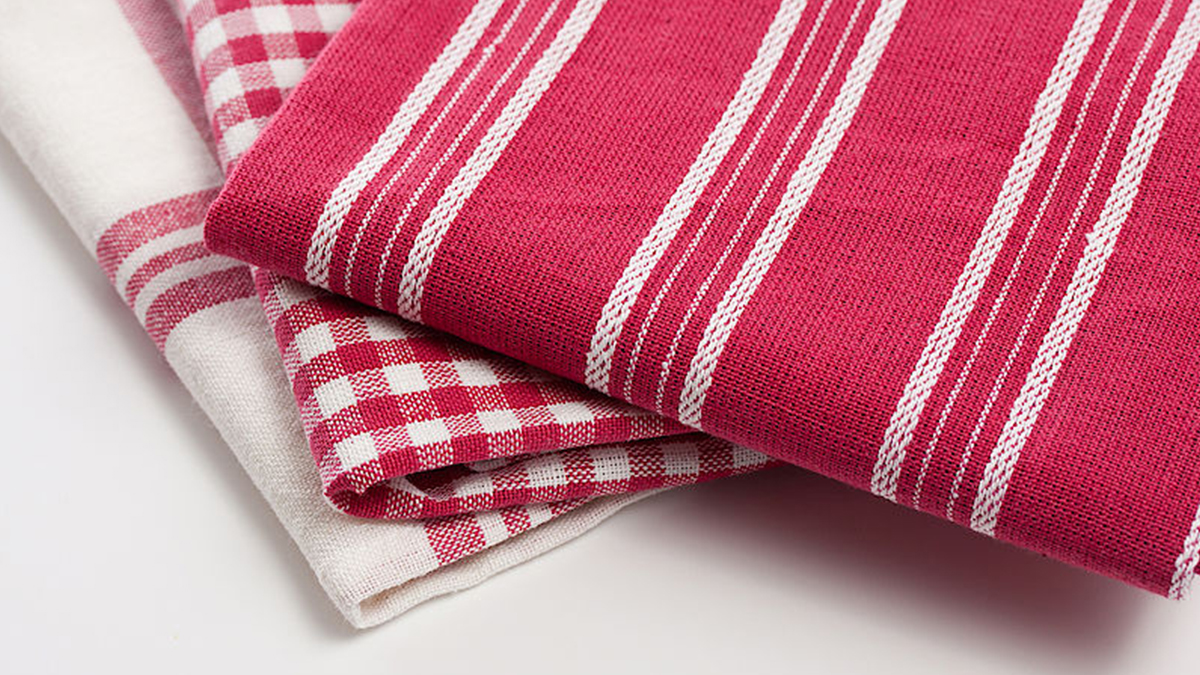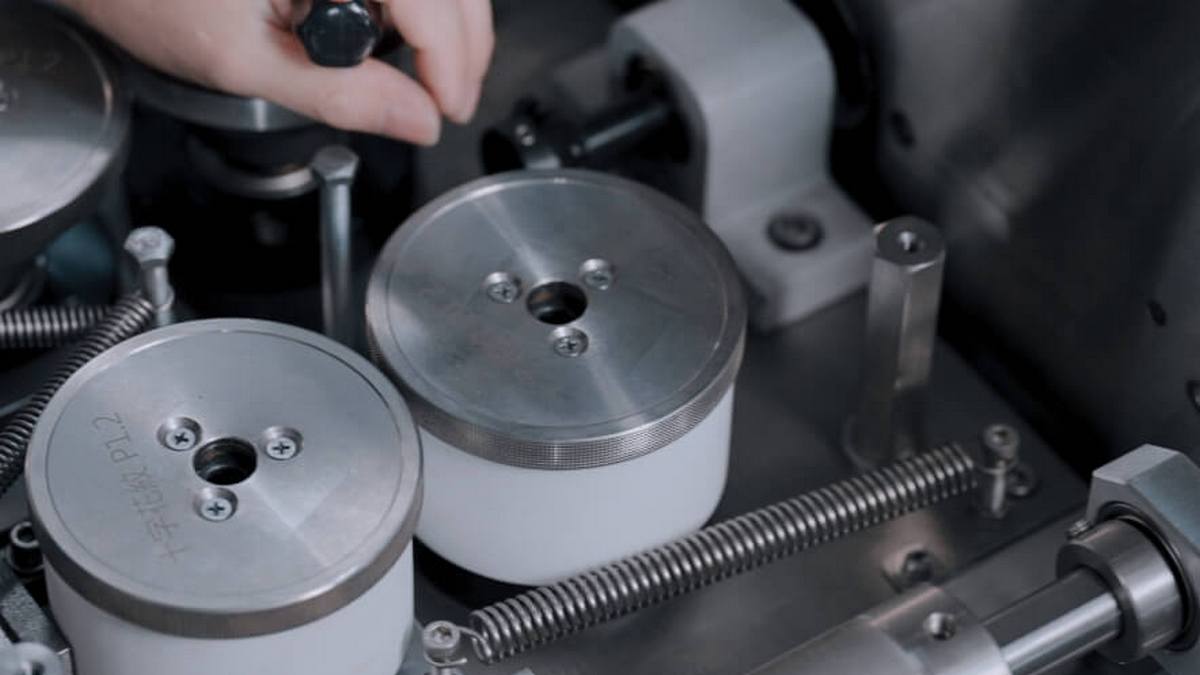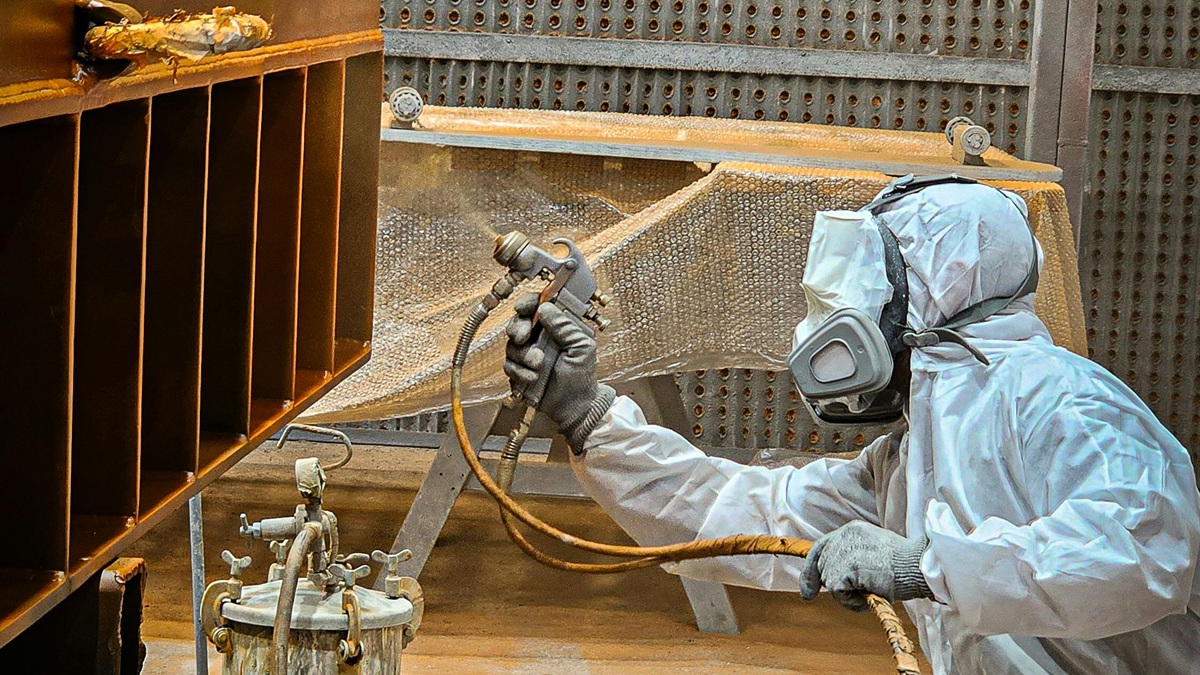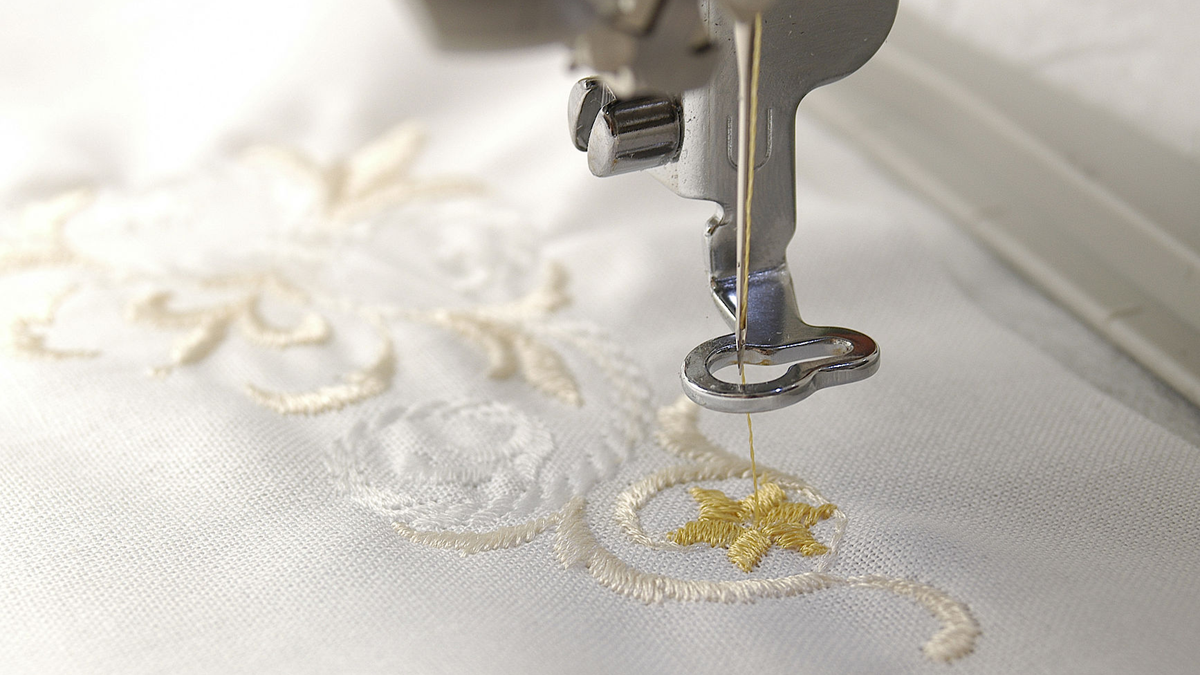With the global economic development, the demand of the consumer market has driven the vigorous growth of the textile industry. However, under the business model of production-based sales, excessive production has not only caused environmental pollution but has also caused unnecessary waste of resources. Over the past few years, this has led the United Nations and the European Union, to begin to advocate "sustainability" and "environmental protection" as the focus of global development for the next 10 years.
What Are Textile Dyeing? Textile Finishing? Functional Textiles? High-Tech Textiles?
Textile dyeing is the process of adding color to textile products like fibers, yarns, and fabrics through a dye (colour). In textile manufacturing, textile finishing refers to the processes that convert the woven or knitted cloth into a usable material. Functional textiles are textiles with integrated functions of controlling or adjusting according to its application area. As for, high-tech textile uses advances in science and technology to design and produce textile products.
Intelligent Application and Development of Future Textile Dyeing and Textile Finishing
In recent years, with the rise of Industry 4.0 (also known as the Fourth Industrial Revolution), the textile industry has also faced opportunities for transformation. The textile industry is not only an important part of the traditional industry but also an indispensable part of the people's livelihood products in the current society. However, for the textile industry, which has long relied on high power consumption, as well as long and complicated manufacturing processes, digital transformation will be more difficult than in other industries.
In recent years, it could be observed that the trend of future industries was to integrate Artificial Intelligence (AI) technologies. Nowadays, every industry is thinking about how to use intelligence to drive and strengthen technological development at a rapid pace. Facing the rising trend of industries in the world, Taiwan's textile industry is not only thinking about how to speed up the pace of products entering the market, but also how to catch up with the trend of Smart Manufacturing.
At present, the Taiwan Textile Industry has actively followed up and introduced a variety of AI applications. Looking at Taiwan's current research and development systems for the digital transformation of AI in the textile industry, they include:
- AI image recognition systems
- Intelligent management systems
- Textile dyeing process prediction systems
Intelligent textile dyeing and textile finishing industry
Digital integration of AI technology is the future industry trend. Nowadays, various industries are thinking about how to introduce it. Facing the rising trend of global industries, Taiwan's textile industry needs to think about how to make products enter the market faster to adapt to the international trend of smart manufacturing; In addition, the demand for textiles from brands is also towards the development of small shade differences, diversified colors and fast fashion, and international competition is becoming increasingly fierce. Examining the current status of Taiwan's dyeing and finishing industry, whether it is in design, spinning, weaving, or dyeing and finishing of textile garments, it is easy to see that these take a lot of manpower and time. The textile dyeing and textile finishing industry is one of the important keys for the current textile industry chain to stay in Taiwan, and the production of high-tech textile is the key to maintaining a high degree of competitiveness. As technology becomes more integrated into our everyday lives, high-tech textiles, plays an ever increasing role. High-tech textiles would be the new trend to promote textile smart manufacturing and stay circular economy.
Development Trends of A Circular Economy in Textile Industry
In March 2020, the European Union passed the New Circular Economy Action Plan-For a cleaner and more competitive Europe as part of the EU's Green New Deal and industrial strategy. The key measures of the plan include:
- Propose a sustainable product policy bill to ensure that the product design in the EU market is easy to reuse, repair, and recycle, and uses more renewable raw materials.
- Ensure that consumers receive sufficient product information to be able to make environmentally sustainable choices.
- Focus on industries that consume the most resources and have high recycling potential.
- Reduce waste and convert waste into high-quality secondary raw materials. Among them, the high-polluting and high-energy-consuming textile garment industries have been named by the European Union. It is necessary to re-examine the design, manufacturing, and consumption patterns of the industrial chain to find ways to use resources more effectively and make the environment sustainable. The future of the industry will be to maintain a policy of sustainable development.
In addition, after being severely hit by the Covid-19 epidemic in 2020, some clothing, textile, and shoemaking organizations have determined that environmental sustainability will be the method and development focus of the textile industry's recovery. That is to say, the brand's human rights, safety, environmental sustainability, and other aspects of the supplier will be enlarged and reviewed. In addition to protecting labor rights, environmentally sustainable technologies, including easy-to-decompose, easy-to-reuse, and bio-materials, all need to be continued. The technology invested, combined with brand operation strategies while creating sustainable issues, will make these suppliers stand out.
Therefore, the major trend of a circular economy, it is not only to protect the environment and achieve social corporate responsibility but also to allow supply chains and the brands create a win-win business model. Taiwan’s textile industry has been deeply involved in the global functional textile market for a long time. It not only has a complete industrial supply chain but also has strong integrated R&D and innovation capabilities. In the face of the textile industry's circular economy, it should take the initiative to deploy early to grasp market opportunities.
The circular economy has become the consensus of international economic development. Although Taiwan's textile industry has long played the role of a professional supplier of international functional textiles, under the wave of a global circular economy, functional textile has become more necessary to grasp the development trend of a circular economy in the textile industry. The Taiwan textile industry should formulate countermeasures as soon as possible to strive for more international market opportunities.











.jpg)


